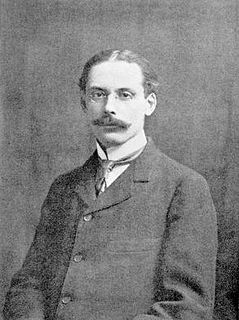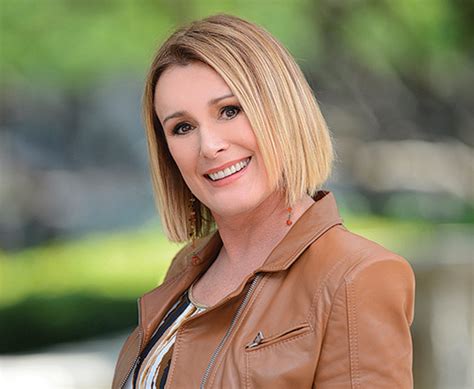A Quote by Edwin Arlington Robinson
Language that tells us, through a more or less emotional reaction,
something that can not be said.
Related Quotes
Art is created to make us, to make our passage through the world better, fruitful - and I would say that every story in the end, if it is good, tells us something. This is actually what I meant when I said a novelist is a teacher. Which is why I am constantly dealing with "didactic". Now a teacher in the sense I use it is not somebody who has the profession of standing in front of children, with a piece of chalk in his hand scribbling on the blackboard. That is not the teacher I have in mind. The teacher I have in mind is something less tangible.
Sociopaths differ fairly dramatically in how their brains react to emotional words. An emotional word is love, hate, anger, mom, death, anything that we associate with an emotional reaction. We are wired to process those words more readily than neutral, nonemotional words. We are very emotional creatures. But sociopaths listen as evenly to emotional words as they do to lamp or book - there's no neurological difference.
The semanticists are exactly wrong in regarding language as an obstruction or series of pitfalls. Language, on the contrary, appears as a great storehouse of universal memory, or it may be said to serve as a net, not imprisoning us but supporting us and aiding us to get at a meaning beyond present meaning through the very fact that it embodies others' experiences.
Through the history of art we can see through the emotional life, and sometimes the financial security of some of the artists, some transformation. And I really believe that it's generally about the same kind of transformation and the same kind of reaction. We are a little bit less individual than we would like to believe or guess we are.
Religion is much more than language, but to be Christian does mean speaking Christian for most people. The language many of us use has contributed to the crisis in Christianity in North America. Traditional Christian language is becoming less familiar to millions of people. The language is frequently misunderstood by people.
I think something that happens when you grow a bit older is you become slightly less overly emotional. Obviously when you're young or a more progressed teenager, you're overly emotional, so that side of me calmed down. I wanted to write more about stories, and other things that I'd observed and seen or done.
I just love any kind of language that can change the energy in a room. There are no limits for me, as long as it feels like it's being used in a particular way to garner or elicit a very particular reaction, so that you can then use that reaction later for something else. But when it's gratuitous language or physical exposure, then I get a bit like, "Oh! Put it away!"







































